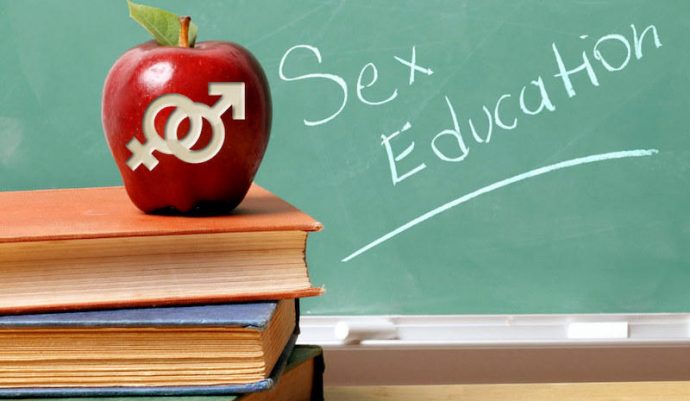
Unveiling Taboos: A Mother’s Reflection on Sex Education in Pakistan
Introduction
As a mother raising two beautiful toddlers in Pakistan, I feel that there are a number of intricate challenges that surround this tabooed topic relating to sex education. Whenever someone tries to discuss this topic, they are either asked to be quiet or are teased and bullied in such a way that they would never even try to raise the issue again. The topic is ‘un-named’ and remains undiscussed because of the cultural norms, societal taboos or even some sought religious binds. However, I feel that sex education is a very important topic, and we need to train our young minds in such a way that they can choose between the right and wrong path in this open environment where exposure to everything is up to a large extent.
Cultural Taboos and Their impacts on Young minds
In Pakistan, sex education is often considered a taboo and only hushed about since it is thought to be off limits in both educational institutions and households. This is why our children, be it girls or boys, grow up with limited knowledge, and thus they seek information from unreliable sources, usually the internet or they turn towards their friends and peers which often leads to misinformation and confusion.
Why is Comprehensive Sex Education important
The absence of formal sex education and reproductive health aggravates this issue, and therefore, pupils turn to unreliable sources to get information of something they think is off limits. Many parents, including myself, struggle with a certain level of discomfort in discussing matters due to cultural norms or even lack of knowledge ourselves. However, I feel that it is significantly important to take this gulp, get over our hesitations and discuss this topic openly so that we don’t leave our children to risky behaviors and health issues.
Breaking through Cultural Stigmas; Instigating the Dialogue
As a mommy of two children who need to understand that breaking the barriers of cultural stigma and trying to initiate the conversation about sex and reproductive health within the family circle is crucial. It is very important to foster an open and non-judgmental environment where my children feel comfortable regarding asking questions and clearing any kind of confusion that arises in their young and vulnerable minds. When taught about the right things at the right time and with the right mind, children will not hesitate to seek guidance from the right place that is their parents whenever they would require it.
Empowering children through Knowledge
I firmly believe that empowering our youth with the accurate information is crucial. When you provide them with the essential knowledge, they are empowered and we can give them the confidence that they would make the right decision when the right time comes. When I tell my children about certain things related to sex education or reproductive health, consent, the meaning of good and bad touch and healthy relationships and their boundaries. Comprehensive sex education covers all kinds of health, consent and relationships. It is about providing the right tools for our children to make informed decisions and navigate complexities responsibly. However, we must understand that comprehensive sex education faces resistance due to cultural and religious considerations. Some people even argue that it contradicts our values, but in the modern open environment, it is essential that this gap is bridged sensibly and our cultural nuances while ensuring that our children receive essential knowledge.
Conclusion
Concluding this discussion, being a mother, I can say that we have to navigate these uncharted waters and we must advocate a comprehensive sex education in both schools and at home. This is not about breaking norms or compromising our cultural or religious values, but providing a safe and healthy environment for our children. We need to find a balance that equips our children with the right knowledge that would help them lead healthier lives. Parents, teachers, educationists, socialists and communities should all come together to achieve this vital goal.

Content writer, educationist, teacher, researcher, social media manager, and a SEO manager from lahore. She has been working as a freelance academic and non-academic writer for more than 20 years now. She has a passion to learn new things and has a knack for writing and she combines both things to produce write ups she pours her heart out in.

